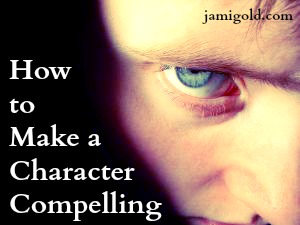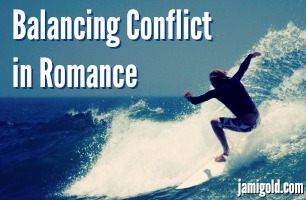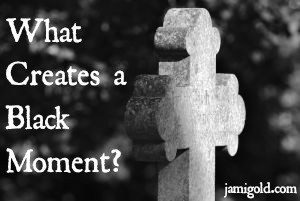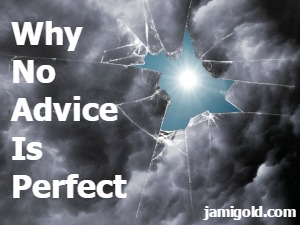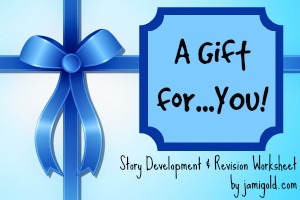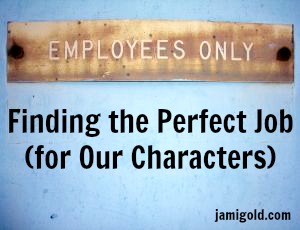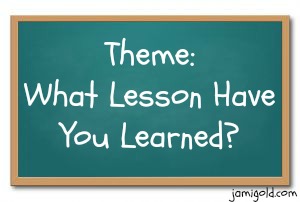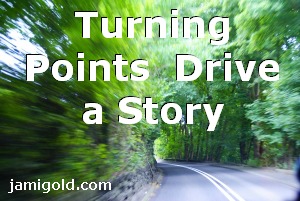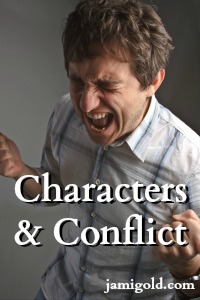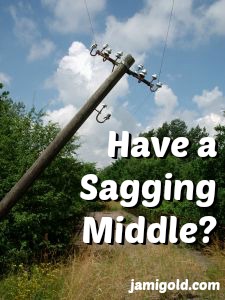There’s no shortage of blog posts about what makes characters likable to readers. Yet readers still read and enjoy stories with unlikable characters. Why? Let’s take a look at what options we have for creating characters that compel readers to keep turning pages.
Pin It
Read More
One of my commenters asked a great question last week that gets to the heart of the balancing game we have to play when writing romance. The characters have to be perfect enough for each other to make a believable couple, but there also has to be enough conflict between them to sustain a story.
Pin It
Read More
The Black Moment is usually one of the most emotional sections of the story, so it can be difficult to pull together. If we read stories (or watch movies), we’ve seen this beat play out endless times, so we probably understand the plot point more than we may think. But let’s take a closer look and see if we can learn something new.
Pin It
Read More
There’s never going to be a ‘one size fits all’ guideline for any aspect of writing. Every story is different, so some advice doesn’t apply to us. What’s right for one genre might not be right for another genre. Ditto for the point of view of the story. Or the characters. Or the plot.
Pin It
Read More
I can’t make everyone a winner in my Blogiversary contest, but I can give everyone a gift by releasing a new worksheet. Yay! A couple of my readers asked me to take a look a John Truby’s work and see if I could come up with a worksheet based on his teachings.
Pin It
Read More
If we write our story well, every aspect of the story will contribute to the overall picture and create an impression for the reader. There aren’t any unimportant details in a well-written story. And that means the careers for our characters shouldn’t be an afterthought either.
Pin It
Read More
We normally create stories where the point—the theme—is in line with our worldview. But it’s not unusual for our characters to hold opposite beliefs, even our protagonists. At least to start. And their story journey is often where our theme lies.
Pin It
Read More
Last week, we looked at turning points from the perspective of beat sheets—how to identify them and ensure they’re changing the direction of the story enough to deserve their name. But turning points affect the story in other ways too. Turning points aren’t just about plot twists. (In fact, plot […]
Pin It
Read More
All stories need conflict. As agent Donald Maass says, we need tension on every page. But that doesn’t mean our characters should come to fisticuffs on a regular basis. Instead, conflict refers to whatever stands between our characters and what they want. Why does it take them 300 or so […]
Pin It
Read More
The middle act of our story isn’t about delaying until the “good stuff.” Instead, it should set up obstacles to make the final act more satisfying.
Pin It
Read More

